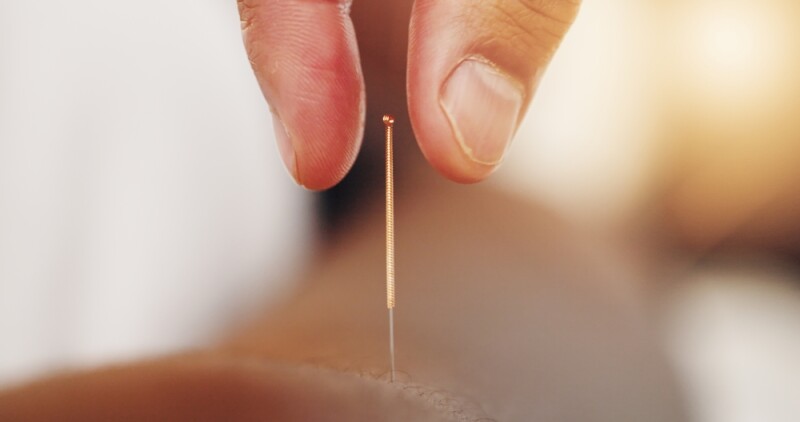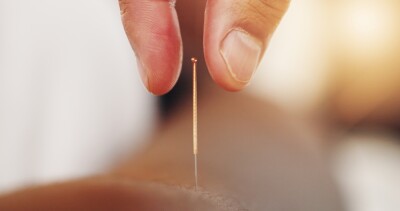Buckwheat enhances production of protein that supports longevity, study finds
A healthy low-calorie diet that contains plant products can help us improve the level of sirtuin 1 (SIRT1) protein production that is known to increase life expectancy, according to a new study published in the Journal of Cereal Science.
SIRT1 is a protein that senses nutrient status of cells. When SIRT1 levels in a cell are intentionally increased, its aging process slows down, and its stress resistance improves. However, the excess of SIRT1 in the organs and tissues of a living being is a sign of hunger, which may lead to anemia and other negative effects.
For the study, researchers added 30 percent buckwheat to the diet of rats and studied its impact on their health. The animals were divided into three groups with eight rats in each. The first (control) group got a regular amount of feed; in the second (calorie restriction group) the portions were reduced by 30%, and the third (experimental) group got regular feed with the addition of ground buckwheat that amounted up to 30 percent of the total feed weight.
Buckwheat contains dietary fiber that could be only partially digested by humans and rats. In view of that, the scientists calculated the daily feed volume for the third group for it to have the same nutritional value as the diet of the second group.
After eight weeks of the experiment, samples were taken from the blood, liver, kidneys, and stomach of the animals to measure the content of SIRT1. To do so, the researchers used molecules that produce a colored substance after linking with SIRT1. The team monitored the weight of the rats during the experiment. The animals from the third group gained more weight than the ones from the second group, even though both groups consumed an equal amount of calories. This observation indicates that buckwheat ensures proper growth and development in the long run. Though the highest level of SIRT1 production was registered in the calorie restriction group. However, this effect was achieved at the cost of lowering body and organ weights. In the experimental group the levels of the protein were higher than in the control group, but no weight loss was observed.




















SHARE